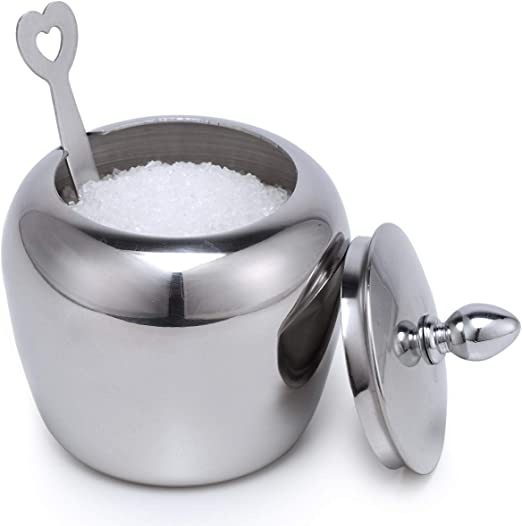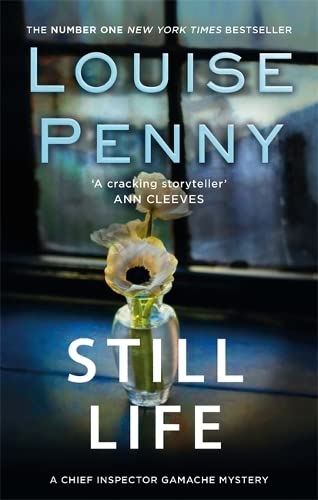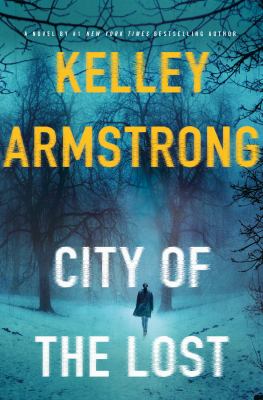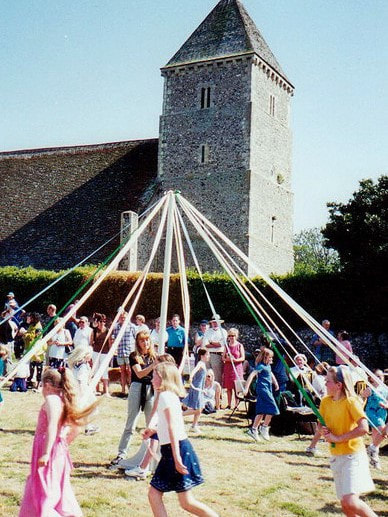|
My family moved to West Virginia about the time I turned three. I clearly remember arriving by train at the foot of Tyrone Road near Cheat Lake. A couple met us and took us to their house. Years later, in search of the site, I found no trace of a railroad track near the foot of Tyrone Road. There was not even a level stretch where a track might once have been.
Fast forward to eighth grade at Suncrest-Flatts Junior High. After a statewide West Virginia history test, top scorers in each county visited the state capital to be dubbed Knights and Ladies of the Golden Horseshoe. I have photographic memories of gathering on the Capitol steps and going inside for the induction ceremony. Recently I found an online list of the winners by year, including several classmates. I was not among them. A park I explored after moving to Wisconsin was low and flat, or that’s how I recall it. More recently I went back and was startled to find the terrain high and rugged. These surprises aren’t about how time moves on, like a strip mall in a former farm field, or a statistic that gets updated every year. Nor are they age-associated memory loss; I’ve cherished these reminiscences for decades. My memory plainly can’t be trusted. Moreover, how vividly I remember doesn’t tell whether I remember correctly. When two witnesses give conflicting accounts of an event long past, maybe neither is lying. The more detailed memory may not be the more accurate. No matter how confident, in the absence of further evidence, either or both of them may simply remember it wrong.
2 Comments
Every big life change calls for creative reinvention. Aging is a beast. It’s also a privilege; too many friends died too young to have the chance. For many of us, retirement brings new freedom in how we spend our days, while new limitations constrain our choices. Time to reinvent.
First a couple of caveats. Loss is loss; grief is grief; pain is pain. I don’t for a minute suggest that living fully means constant happiness, or that people with clinical depression can pull themselves up by their bootstraps. One person’s path may not be another’s. That said, here’s what works for me just now. Identify a passion or two, something that engrosses you so deeply the rest of the world goes away. A sphere deep enough there’s always more to learn, try out, plan, discover, and create. Mine is exploring history and unfamiliar places. One friend’s eyes light up when she talks about fostering puppies. For others it’s gardening, landscape painting, or campaigning to combat climate change. Forget about balance, unless you’ve found a balance that already suits you. Otherwise, let all the routines and unavoidable nuisances fall into the background. Deal with the crap—computer crashes, raccoons in the attic—and then flip your mind back to your passion. Let it fill you with such joy and excitement there’s no space for anything else. Terms of endearment: Sugar. Honey. Sweet.
Holiday treats: Halloween candy. Christmas cookies. Valentine chocolates. Whether you love sugar or avoid it or both, it’s hard to imagine a time without it. Honey has been around pretty much forever. But outside Asia, the familiar product from sugarcane—granular, confectioner’s, brown, white—is of more recent origin. The art of turning sugarcane juice into granules spread gradually from India in the past 2,000 years, eventually to change the world. Our words “sugar” and “candy” come from Sanskrit sharkara and khanda. Arabs carried sugar production into North Africa and southern Europe, to sell as a luxury good in parts of Europe too cold to grow their own. Portugal introduced commercial sugar farming to islands near Africa in the 1400s, and soon afterwards to Brazil. In a vicious cycle, the increased supply turned sugar in Europe from a luxury to a necessity, creating ever-greater demand. To maximize profit in this lucrative trade, the Portuguese developed a plantation system based on huge acreage and backbreaking labor. Low life expectancy among masses of captive workers was no deterrent since Africa could always provide more. “Sugar completely revolutionized European [and Euro-American] society,” Howard W. French writes in Born in Blackness (p. 6; words in italics mine). Its countless impacts include the transatlantic slave trade; French-English wars for Caribbean islands with sugarcane potential; the rum industry of colonial New England (made from Caribbean molasses, a sugar by-product); the plantation model later used for American cotton; molasses and sugar taxes that helped motivate the American Revolution; and racial inequities that persist today. Sweets to the sweet. Enjoy your dessert! Two tiny Canadian villages surrounded by forest, places of sanctuary, virtually unknown to the outside world, not on any map. Within each village, everyone knows everyone, though not all their secrets. Investigating a crime can mean arresting a friend and neighbor. The lead investigator in Three Pines, in southeastern Quebec, is Louise Penny’s gentle and compassionate Chief Inspector Armand Gamache. Far to the northwest at Rockton in the Yukon, that job falls to Kelley Armstrong’s guilt-ridden Detective Casey Duncan and brusque Sheriff Eric Dalton. Mystery series authors Penny and Armstrong are both Canadian.
I recently finished the last novel in Armstrong’s Rockton series. (There’s a more recent spin-off, for which I’m on the library wait list.) Despite parallels between Penny’s and Armstrong’s settings, they’re enormously different in tone. Residents of Three Pines settled there because they fell in love with the place. Residents of Rockton came there to hide—from stalkers, from abusers, and increasingly from the law. A distant, uncaring council runs it for profit by charging hefty entry fees. Facilities are basic. Half the residents can’t wait to get out. I won’t say “If you like Armand Gamache, you’ll love Casey and Eric.” It sounds like a book-jacket blurb, and I don’t know your taste. Suffice it to say, I love them all and their all-but-invisible villages. New life is blooming all around us. At the beginning of May, about midway between equinox and solstice, festivities around the world celebrate the glory of spring. It’s a time of maypole dancing, flower baskets, and romance.
It’s also an international day for workers’ rights, dating from demands in the late 1800s for an eight-hour workday. After a protest on May 1, 1886, in Chicago’s Haymarket Square turned deadly, many countries adopted May Day as International Workers’ Day or Labor Day. The United States, distancing itself from the taint of anarchy or socialism, chose early September instead. Recent unofficial May labor observances in the U.S. have focused on immigration reform and the rights of undocumented workers. Who has it right, those who relish the moment or those who strive for a better future? “It’s hard to know when to respond to the seductiveness of the world and when to respond to its challenge,” E. B. White wrote. “I arise in the morning torn between the desire to improve the world and a desire to enjoy the world. This makes it hard to plan the day.” May Day invites us to do both. Images: (left, cropped) Maypole dancing at Bishopstone Church, Sussex, England; (right, cropped) Protesters march in Minneapolis for International Workers Day in 2010. |
AuthorI'm a historian who writes novels and literary nonfiction. My home base is Madison, Wisconsin. Archives
July 2024
|







 RSS Feed
RSS Feed